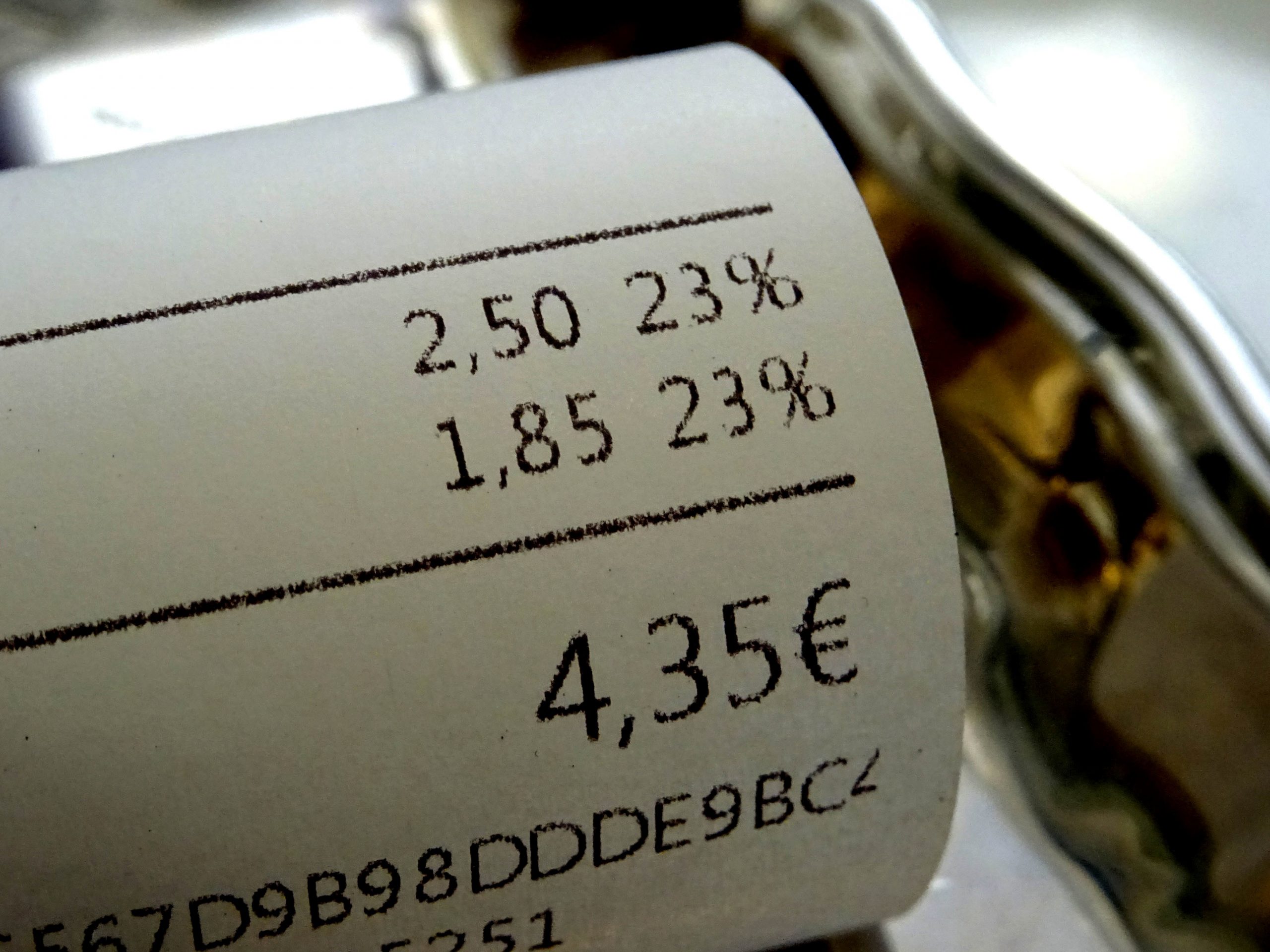A latest EU Commission report has Greece figuring in the unenviable “Top 3” of member-states in terms of lost VAT remittances, with the figure calculated at 3.2 billion euros for 2021, the most recent year surveyed.
Broken down, this translates into 6,000 euros lost every minute for Greek state coffers.
The figure is also noteworthy given the fact that this “hole” in indirect tax revenues was recorded during the height of the Covid-19 pandemic and a resulting “lockdown” in many retail sectors. As expected, a significant increase was recorded in the number of online transactions.
Based on 2021 figures, Greece follows Romania (36.7 percent) and Malta (25.7 percent) in terms of lost VAT remittances.
Overall, however, EU member-states as a whole made progress, given that VAT-related losses throughout the Union were calculated at roughly 61 billion euros in 2021, compared to 99 billion euros in 2020.
Nevertheless, the relevant Greek finance minister, Haris Theocharis, pointed to progress being made in the country to reduce VAT losses. The VAT gap in 2020 was 3.426 billion euros, easing to 3.231 billion euros in 2021, according to the study.
“Greece in 2021 showed a decrease of 3.2 percentage points (in the VAT gap), or 17.8 percent of VAT Total Tax Liability, compared to 21 percent the previous year,” Theocharis said, referring to “substantive step” that shows progress in reducing this specific type of tax avoidance. He added, however, that “the path is still long”.
According to a Commission press release on Tuesday, “…most EU Member States made progress in the enforcement of Value-Added Tax (VAT) compliance in 2021, according to a new report released by the European Commission today. The annual VAT Gap study, which measures the difference between theoretically expected VAT revenues and the amount actually collected, shows that Member States lost around €61 billion in VAT in 2021, compared to €99 billion in 2020.
“This figure represents revenues lost mainly to VAT fraud, evasion and avoidance, non-fraudulent bankruptcies, miscalculations and financial insolvencies, among other drivers,” the study read.



